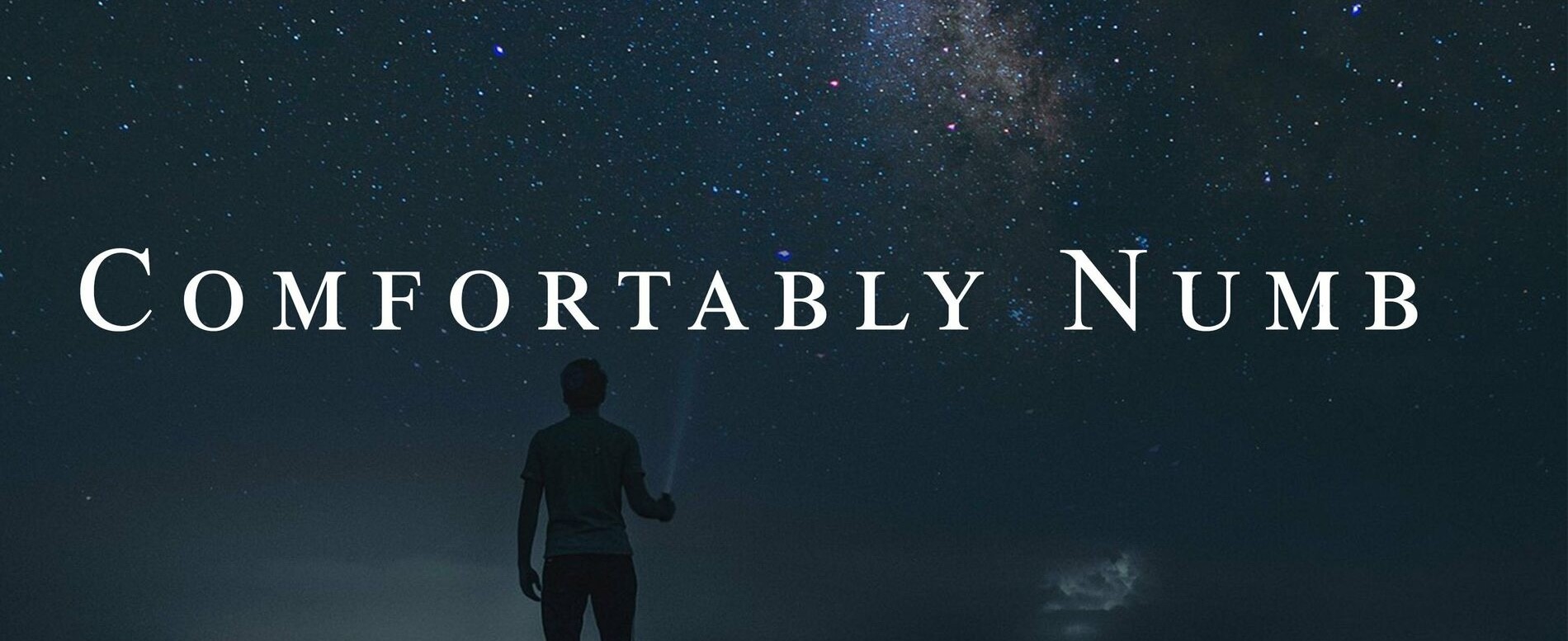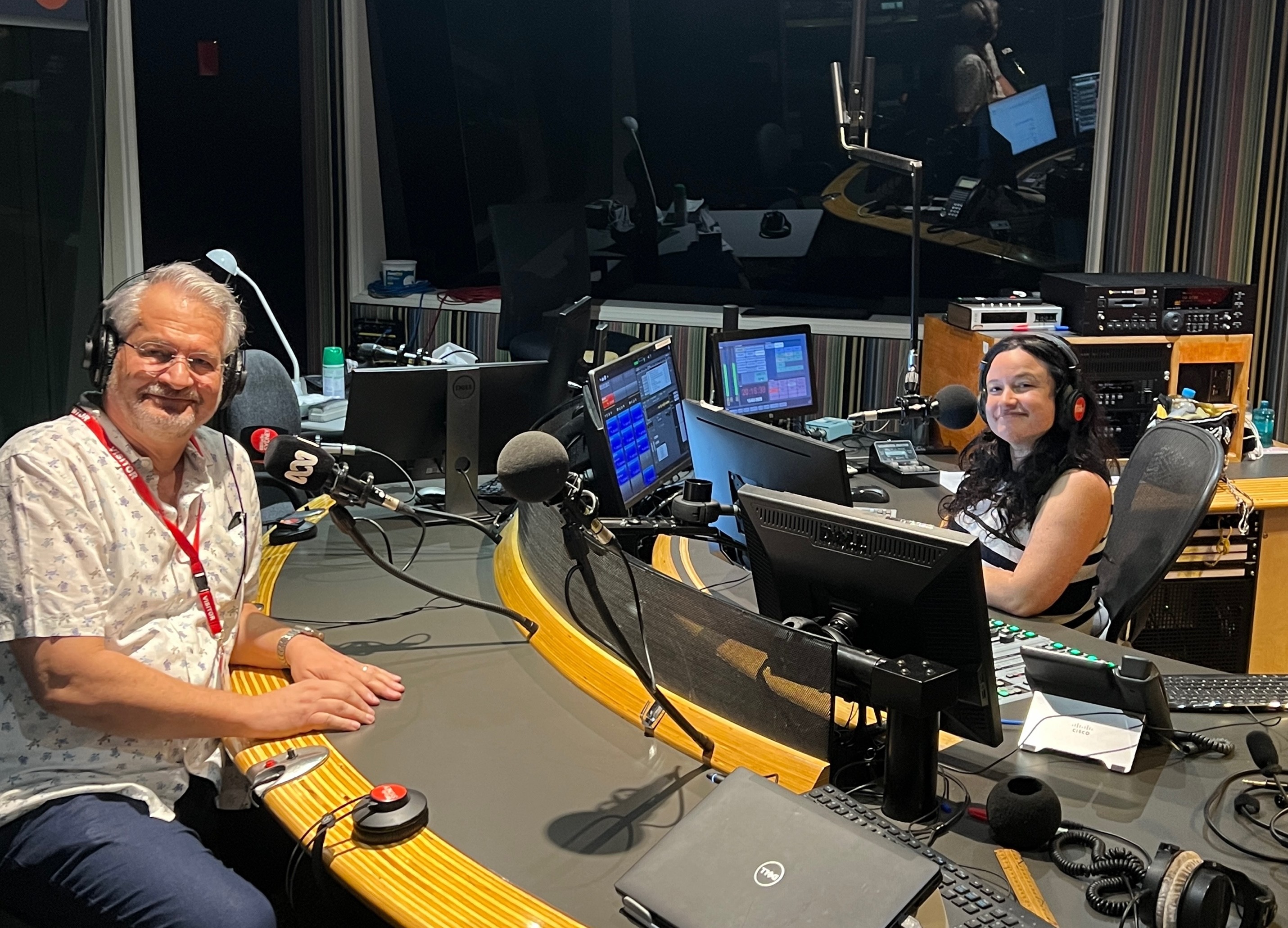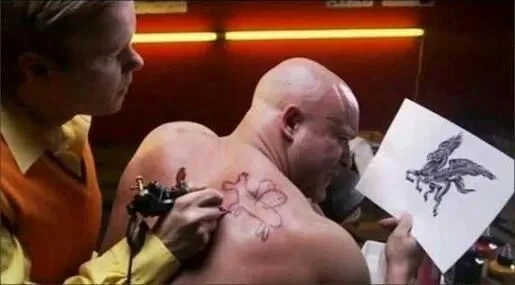Coping and dealing with acne scars can be a long and traumatic journey, marked not only by physical changes but also a true test of emotional resilience. But getting a full understanding of the healing process, and being able to see light at the end of the tunnel, is absolutely crucial for anyone grappling with these persistent reminders of those days marked by unwanted and out-of-control pimples. Are you one of those wondering how long does it take for acne scars to fade?
Well, there are five stages of acne scar healing, so let’s take a clarifying dive into what you can expect and when:
Most of us know what a breakout feels like, and that’s exactly where the journey of an acne scar begins, leading many to wonder how long acne scars take to fade? The good news is that your own skin will try to repair the damage. But it typically produces either too much collagen – leading to raised scars – or too little, resulting in sunken areas.
But it’s at precisely this stage that intervention is so important. Quick and appropriate skin care, including keeping the area clean and avoiding direct sunlight, really can help minimise the severity of the scars.
Your body won’t stop trying to heal naturally. We mentioned collagen already – it’s your skin’s building block, and it will be busily trying to reform and remodel the scar tissue throughout. For many people, it’s in this stage that the scars will start to look less angry and red, blending in with the surrounding skin much more, addressing the question of how long do acne scars last. Other scars may also soften, with pigmented areas beginning to fade.
But while natural healing can be really effective for many minor scars, particularly deep or severe scarring can require some intervention and extra treatment.
As time goes on, your scars will enter their maturation stage – a period many question how long for acne scars to fade? Atrophic (sunken) scars may start to appear less noticeable, thanks to the ongoing natural production of collagen. And the raised scars will hopefully get quite a bit smaller, with pigmentation issues also continuing their journey towards healing.
But for a lot of people, this is where the natural healing comes to its end – with more severe scars still a big visible problem.
How long do pimple scars last? After two years, acne scars will have naturally healed as much as they are going to. So it’s about here and beyond that many people will be looking into their options for professional treatments. These include chemical peels, dermabrasion, microneedling, fillers, corticosteroid injections, crysurgery, subcision, radiofrequency treatments and more. But in terms of precision, consistency and success of results, less downtime, less pain, less side-effects and complications and the ability to target multiple scar types and skin layers effectively with minimal risk, there’s really only one option:
For those stubborn or annoying scars, the Quanta Discovery Pico+ Fractional Laser really can’t be beaten. Laser skin rejuvenation focuses on the deep skin layers, re-igniting collagen production and overall skin renewal, which is particularly effective against hyperpigmentation, skin texture and tone. Fractional skin resurfacing, meanwhile, targets those atrophic scars, creating micro-wounds that trigger natural healing but in a much less invasive way than traditional methods, with quicker recovery.
Both laser treatments address the full range of scar types, offering significant improvements with minimal downtime. Is it time for a consultation at Disappear Laser Clinic? Laser therapy offers real hope to those seeking more substantial improvements than any alternative treatment, but because every scar and skin type is unique, consulting with the skincare professionals at Disappear Laser Clinic is essential. Explore the best treatment plan for your acne scars by getting in touch with our friendly team today.



Get all the latest news and our exclusive offers straight to your email inbox.